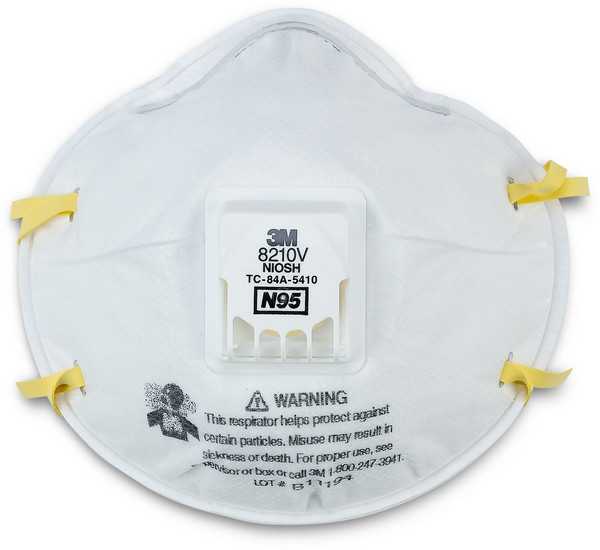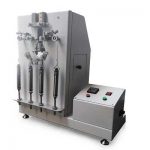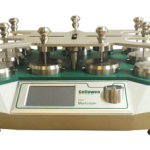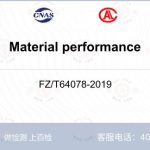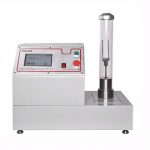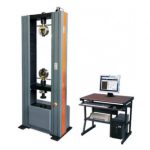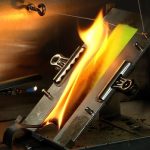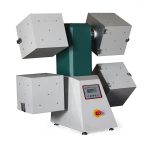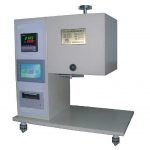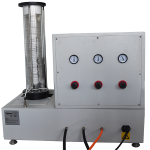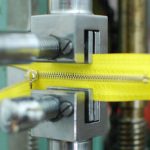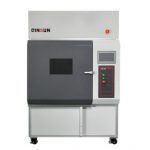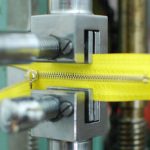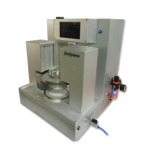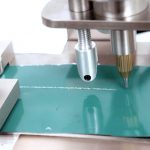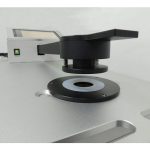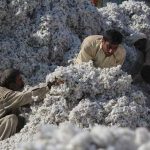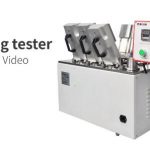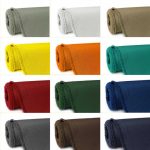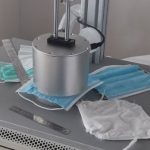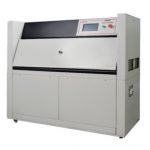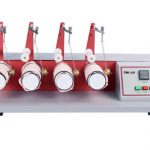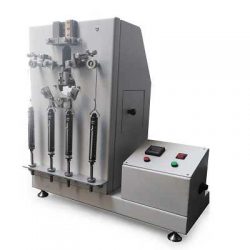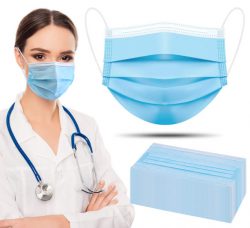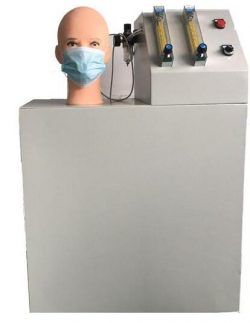laboratory bacterial filtration efficiency tester
more:https://www.qinsun-lab.com/989.html
A laboratory bacterial filtration efficiency tester is a device used in microbiology to measure the ability of a material or product to filter out bacteria. It works by passing a known amount of bacterial aerosol through the test material and measuring the number of bacteria that are able to penetrate the material.
The tester typically consists of a chamber that holds the test material and a pump that draws a precise volume of bacterial aerosol through the material. The aerosol is generated using a nebulizer, and the concentration of bacteria in the aerosol is measured using an impactor or other sampling device.
The bacterial filtration efficiency (BFE) of the material is calculated by comparing the number of bacteria upstream of the material to the number downstream. A higher BFE indicates that the material is better at filtering out bacteria.
These testers are commonly used in the development and quality control of medical masks, surgical gowns, air filters, and other materials where bacterial filtration is important.
